The Secrets to Work-Life Balance: Interview with Author Brigid Schulte
Most Americans consider a 37.5-hour work week short, and respond to days of low productivity by multitasking. We may be working hard, but are we working smart? Research shows America is not the most productive country; Norway takes the cake for that one. America is actually tied with France for most productive countrymen — and they have 30 days of paid vacation, paid parental leave, and after-hours email is outlawed. Compare that to the fact that 1 in 4 working Americans has no access to PTO of any kind, and it seems we're actually losing to France as well. What are we doing wrong?
We spoke with author and retired workaholic, Brigid Schulte, about her book Overwhelmed and asked her to share some work-life balance tips she's picked up that can help you, and why remote work is so hard for many to embrace, but why it's worth it. Her research studying workplaces around the world proves that the U.S. is driving their employees to burn out, resent employers, and hate their jobs. Read our Q&A with her to learn how to take back leisure time, find out which companies are the most/least productive, and why multitasking does not exist .
1. Tell us a bit about yourself and your book Overwhelmed .
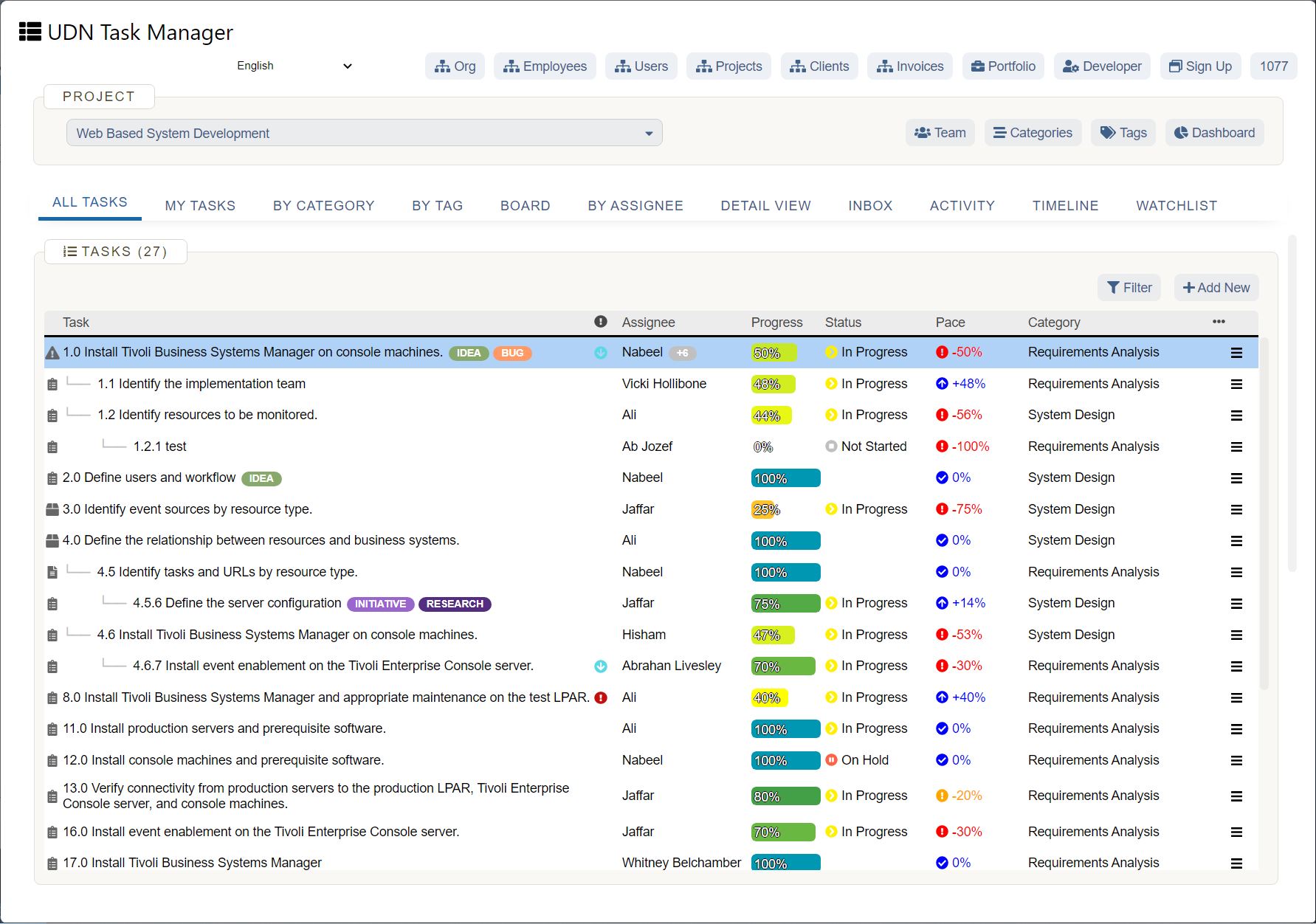
I’m a writer and long-time journalist. I’m a wife, mother of two, sister, daughter, and friend. I love Spock, decaf nonfat lattes, and any day I can get outside where there’s more green than concrete.
The book is really an accidental book. It stemmed from leading a crazy busy life, stressed out all the time, never sleeping, feeling that life was passing me by, not knowing why, and thinking things couldn't change.
It all started when I’d broken out in a wicked case of stress eczema and had packed on about 30 extra pounds because I never felt I had time to get to the gym. A time-use researcher told me I had 30 hours of leisure a week, like all women, and men had 40. I about fell out of my chair.
I told him he was nuts. He challenged me to keep a time diary, and Overwhelmed was born. I wrote a Washington Post magazine story about the attempt to find my elusive leisure time — and thought I’d be exposing myself as a disorganized neurotic underneath a somewhat professional, put-together veneer. I was bowled over by the response; hundreds and hundreds of people wrote me and said things like, 'You climbed into my head and wrote about my life.'
That’s when I decided to look deeply into the way we’re living now. The book asks two questions: Why are things the way they are? And how can they be better?
The book is really a journey from what I call "Time Confetti" toward "Time Serenity" — that space where you feel that there is enough time to do what you both need and most want to do.
I was hit early on by something the Harvard psychologist Erik Erikson said: 'The richest and fullest lives make time for the three great arenas of life — work, love, and play.' So I decided to ask my two questions in each of these great arenas. And that became the basis for the subtitle of the book. It’s really in search of The Good Life in the modern age.
2. Why is "leisure time" so important?
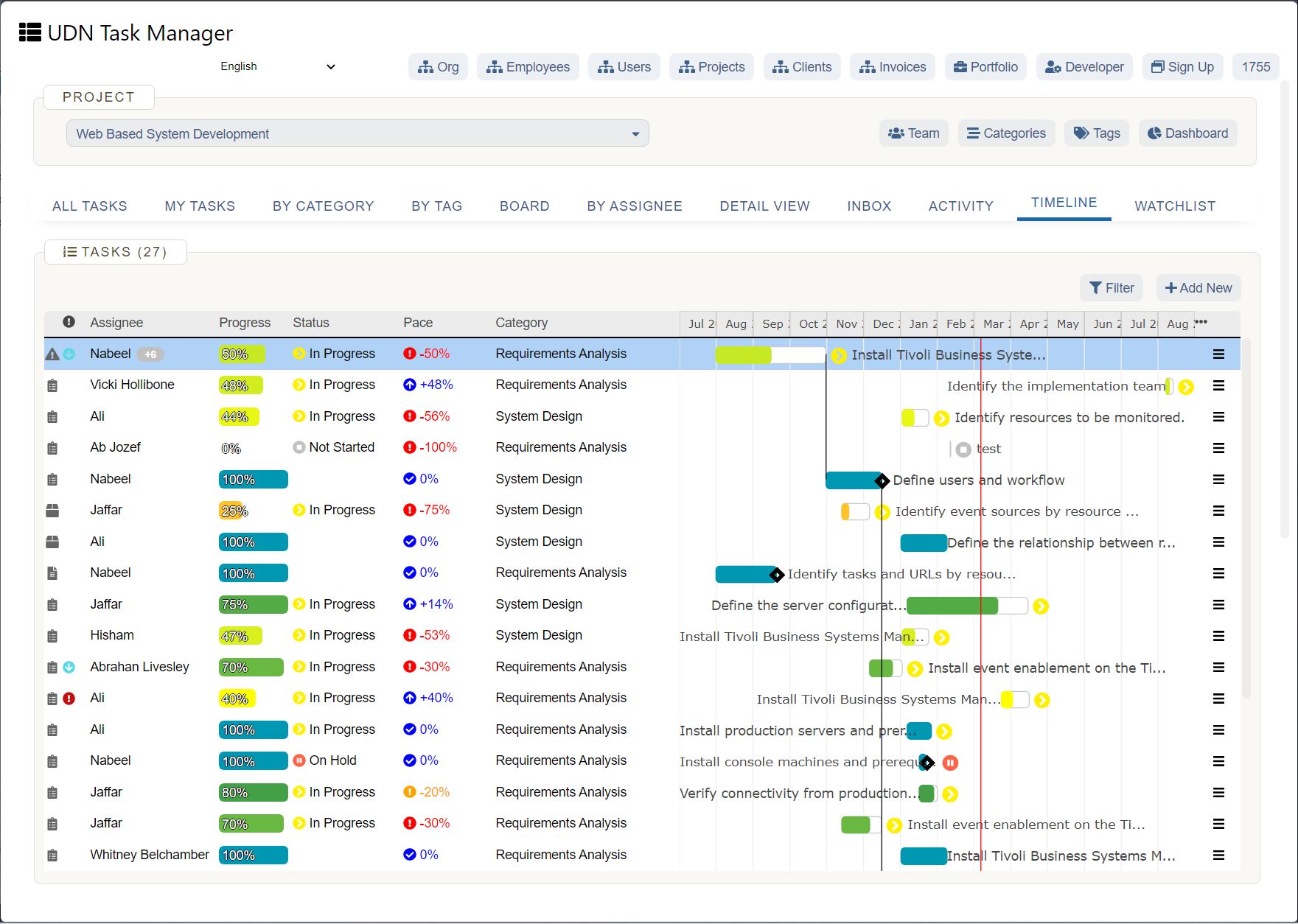
To be perfectly honest, when I began this journey, I didn’t think it was. I was like most Americans, I thought time always had to be productive — that I had to be doing something, anything, always driving forward, on the way to somewhere else, somewhere undoubtedly better. Leisure was for lazy people, losers, and slackers. The word even conjures up slick, sleezy, leisure suits. I definitely think we need a better word to describe what I’ve come to see is really the essence of being human.
The Greek philosophers like Aristotle said, 'We work to have leisure, upon which happiness is based.' Which was all well and good if you were a man of high status. They’re the ones who’ve had access to this kind of uninterrupted space to think, dream, imagine, contemplate, daydream, experiment. Psychologists now call this kind of time “flow”, or peak human experience. And it wasn’t until I read a book by the philosopher Josef Pieper, Leisure, the Basis of Culture , that I realized that it is in this third space, if you will, away from the drudgery of work and the pressures and joys of family, that civilization has been created. Art, music, literature, philosophy, scientific discoveries and breakthroughs, and inventions all happen in this time out of time.
And when you think about it that way — that creativity and innovation require time — it’s not hard to see why all the museums and great libraries are filled with the works of those high-status men who had access to this kind of time.
I think that’s really important to remember. Now that we’re in an age of information overload, and everyone’s time is becoming interrupted and fragmented, we have to not only preserve this kind of timeless flow space, but broaden it so that everyone can experience it.
Neuroscience now is making the case even more imperative. We’re discovering the high cost of multitasking and distraction for our brains. Emerging research is finding that to create the conditions for the "A-ha!" moment, we need to be calm and relaxed, not overwhelmed. We need to allow our brains to be idle and daydream before flipping back into a more focused mode. And that takes uninterrupted, concentrated time.
3. What's happening to "leisure time" in the U.S.? Are we getting more or less, and why?
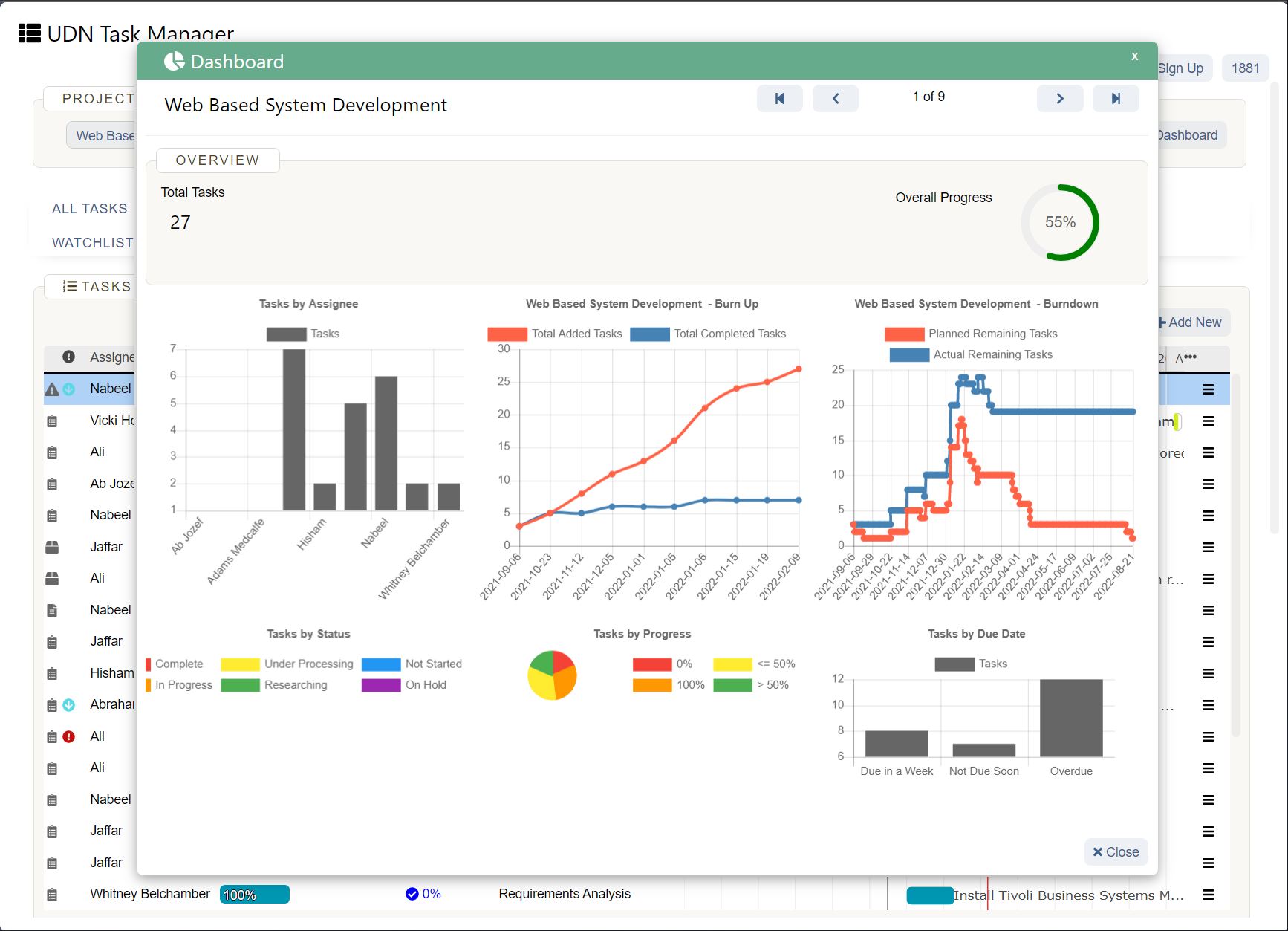
It’s funny, as I was reading about leisure (something I’d never, ever thought I’d ever do) — I came across articles in the Harvard Business Review and other publications in the 1950s predicting a coming age of leisure, where we’d work six months out of the year, four days a week, and retire at age 38. Some prognosticators of the day were worried about it! They didn’t know what people would do with all this abundant leisure time. Others said it would usher in a golden age where people would have the time and space to become most fully human, and a version of their best selves.
I interviewed one leisure researcher for the book who said he’s spent his entire career trying to answer one simple question: What happened?!
If you look at averages in time diary data, (collected by the Bureau of Labor Statistics) you could argue that work hours have been falling and leisure time is on the rise. But if you talk to just about every person in the country, they’ll laugh at you and say that’s not their experience at all.
What’s really happening is that people’s time and experience of work and leisure is dividing. College-educated professionals are working longer hours than ever; even more extreme hours than professionals in other countries. They have virtually no leisure time, and research has shown that when they do they often will choose to work. Some say they work on weekends, evenings, and vacations because they’re anxious they’ll be seen as expendable if they don’t. Some work because they dread seeing their overstuffed email inboxes upon their return. And some work because it’s become a habit, an identity like a second skin, and they’ve lost the ability to imagine doing anything else.
At the same time, work hours for low wage workers have indeed dropped off, so they scramble around cobbling together several different unpredictable jobs trying to make ends meet. They do have more leisure time, but it’s unwanted leisure, because they’d rather be working, because there’s the stress of not being able to pay the bills.
Economists are finding that our culture, starting in the 1980s, began glorifying not just hard work, but overwork, and that’s when overwork hours — and the financial reward for them — started to climb. We’re the only advanced economy with no paid vacation policy. One in four Americans has no access to paid vacation. Those of us who do, have about 10 to 14 days on average. We don’t take them all, we leave among the most unused vacation days on the table, even though we don’t have that many to begin with. And surveys show that many of us take work along with us, so we’re never truly away, never unplugged, never not thinking about work, never giving ourselves the opportunity to find out what would happen if we sank into a flow state.
So it’s not surprising that we have polls showing high rates of disengagement and burnout. We are. And we don’t value taking the time to refresh not only our energy, but our souls.
4. How do you think "leisure time" differs between women and men? Between managers and employees?
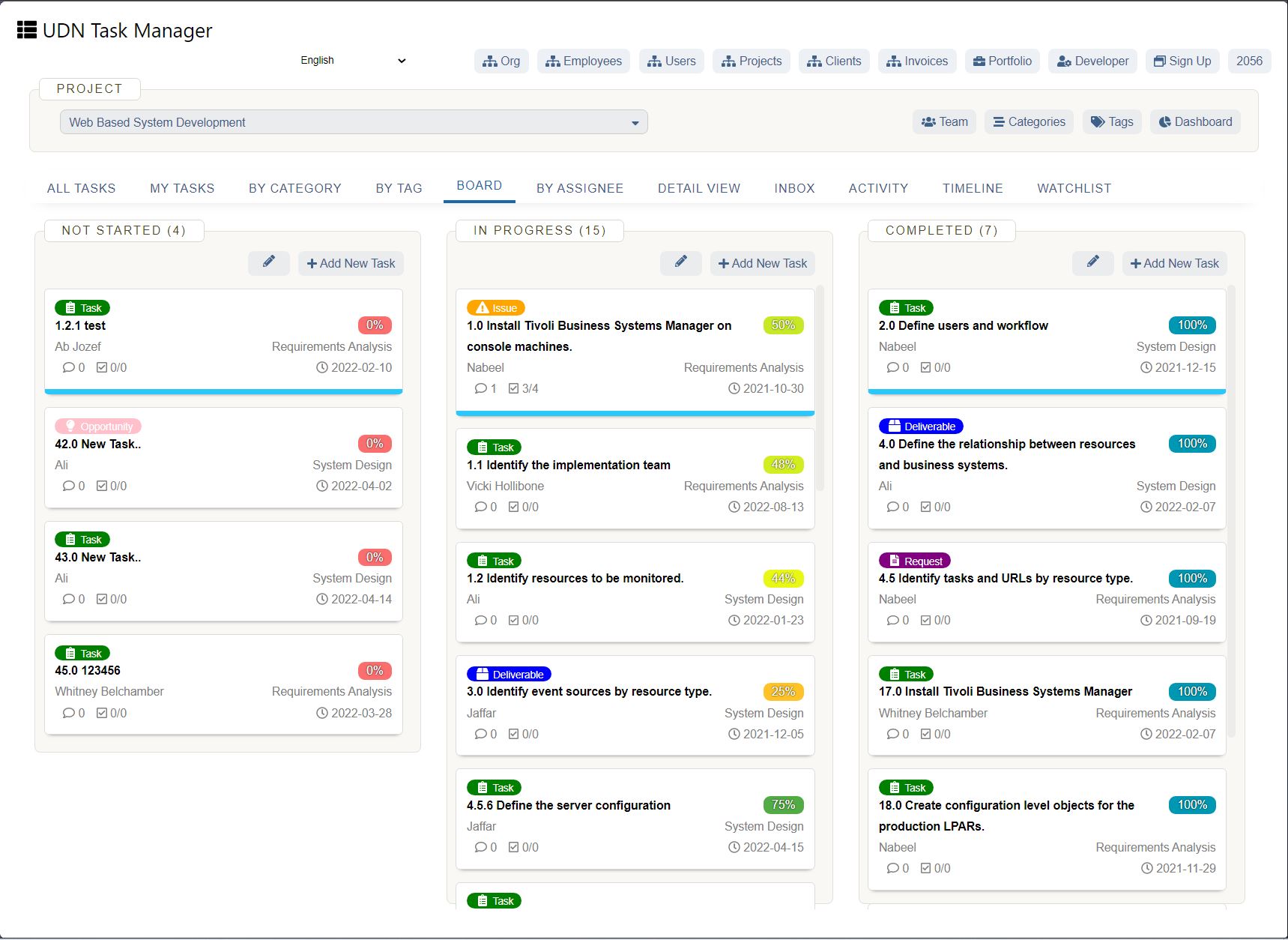
It’s interesting, the very first research study done looking at men and women’s experience of time was called Divergent Realities. And a lot of that has to do with our cultural conditioning, and what we still expect men and women to do to conform with traditional gender roles.
That was surprising to me, as I was researching the book, how much I had automatically bought into what I intellectually knew were outdated stereotypes. Yet I didn’t even realize how much I was automatically following them. Why did I just automatically assume I had to make all the kids’ doctor’s appointments, take them to the dentist, stay home when they were sick, find child care and summer camps, buy the clothes, clean out their closets, make the Holiday magic, etc.? Was I was afraid the Bad Mommy Police would show up? I guess I was. I’ve met the Bad Mommy Police, and it is us. We police each other in so many subtle ways. The snarky comments on the playground, the disapproving looks... it can be hard to see past that.
What I didn’t realize was that I was trying to work the way my Dad did, because he was my only role model. And I was trying to be an at-home mother (like my mother) because that’s all I knew. I found out it’s impossible to live both of those lives at once, but by insisting that I had to, and feeling guilty and inadequate when I couldn’t, I was also keeping my husband at arm’s length; not letting him become the full partner and parent that we’d promised each other we’d be — keeping me in a perpetual state of overwhelmed. It wasn’t good for our kids, either, having such a stressed out parent, always slightly resentful of having to do it all, without realizing how I’d created part of that.
These cultural expectations are strong and often unconscious. And the first step toward change is to pause, become aware of them, and how they play on you. Begin to disrupt the automatic thoughts and behaviors, and practice taking a breath so you can begin to hear your own voice, and follow your own internal compass.
When it comes to leisure, Americans tend to distrust it. The Protestant Work Ethic and 'idle hands are the devil’s workshop' are a strong undercurrent. But interestingly, women in particular feel they don’t deserve it, research has shown. They feel they have to earn it. And the only way to earn it is to get through a very long to-do list. Which, let’s face it, never ends.
5. What are the 3 biggest roadblocks to having "leisure time"?
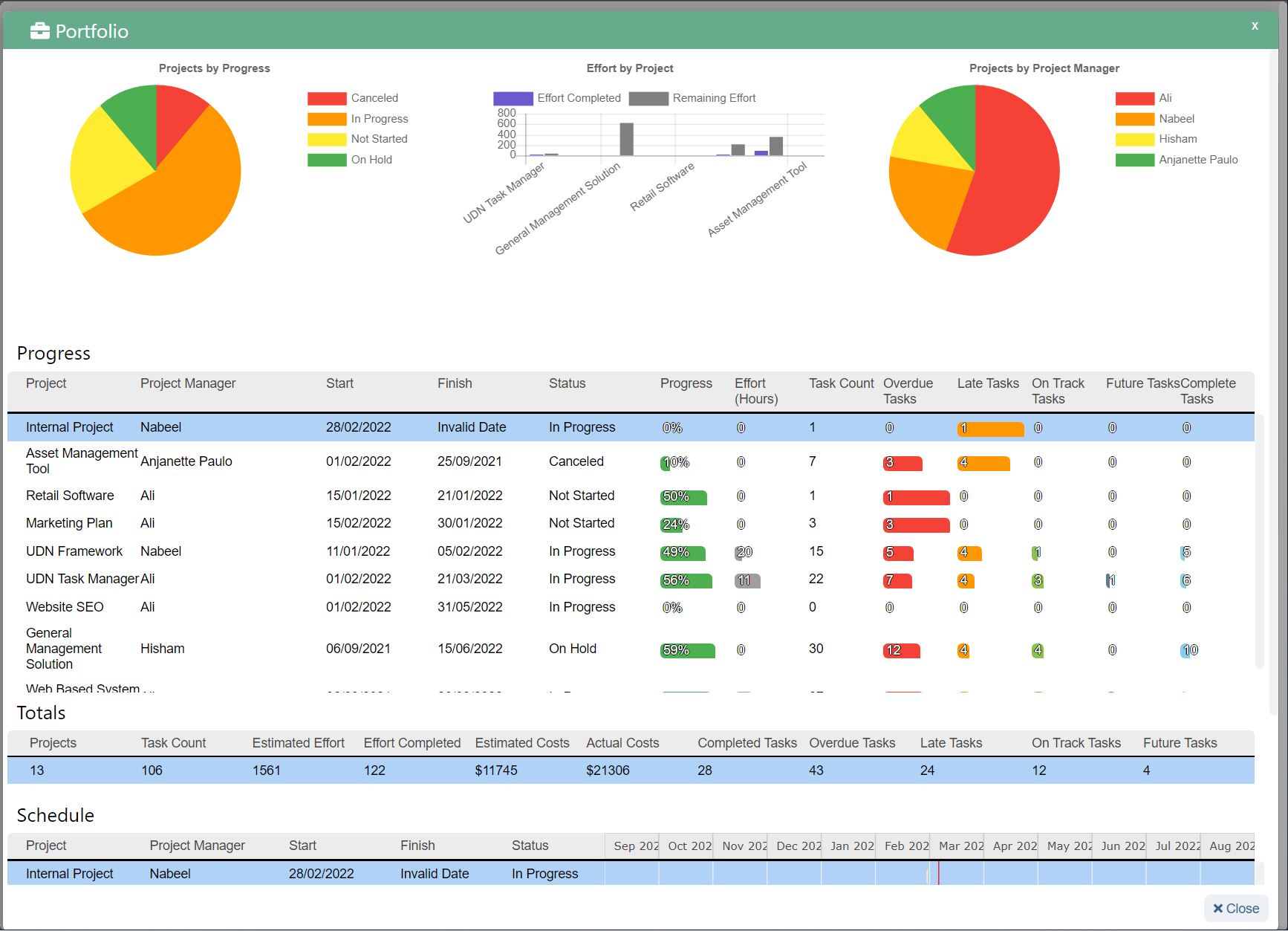
Work: Americans not only value hard work, which is essential, but we’ve come to value overwork. We financially and psychologically reward those who sacrifice all for work. In such a work-devoted culture, leisure loses all value. It becomes something almost to be ashamed of. Something only weak people require.
Mindset: Because of that work-first attitude, our mindsets are firmly set against the importance of leisure and play. Even when we want it, we don’t think we deserve it, or that we haven’t earned it, or somehow can’t give ourselves permission to have this kind of time. And even when we do, because we’re so uneasy about it, we don’t fully enjoy and embrace the time. Which ensures we won’t reap the full benefit of having that third space that can refresh the soul.
The Culture of Busyness: We’ve made busyness a competitive sport in our busyness as a badge of honor culture. We brag about how tired and exhausted we are, how much stuff we cram onto our calendars, how we’ve run around and been so productive and crossed so much stuff off our to-do lists, and yet have so much more to do. It’s become so ingrained, we don’t realize we’re doing it! In that kind of culture, leisure is for losers, and people who can’t keep up with the Busy Joneses.
6. You argue in one of your articles that the more fluid and flexible work hours a workplace provides, the happier and more productive the employees are. However, people argue that when they have more flexible work hours, they tend to work more. What are your thoughts on this?
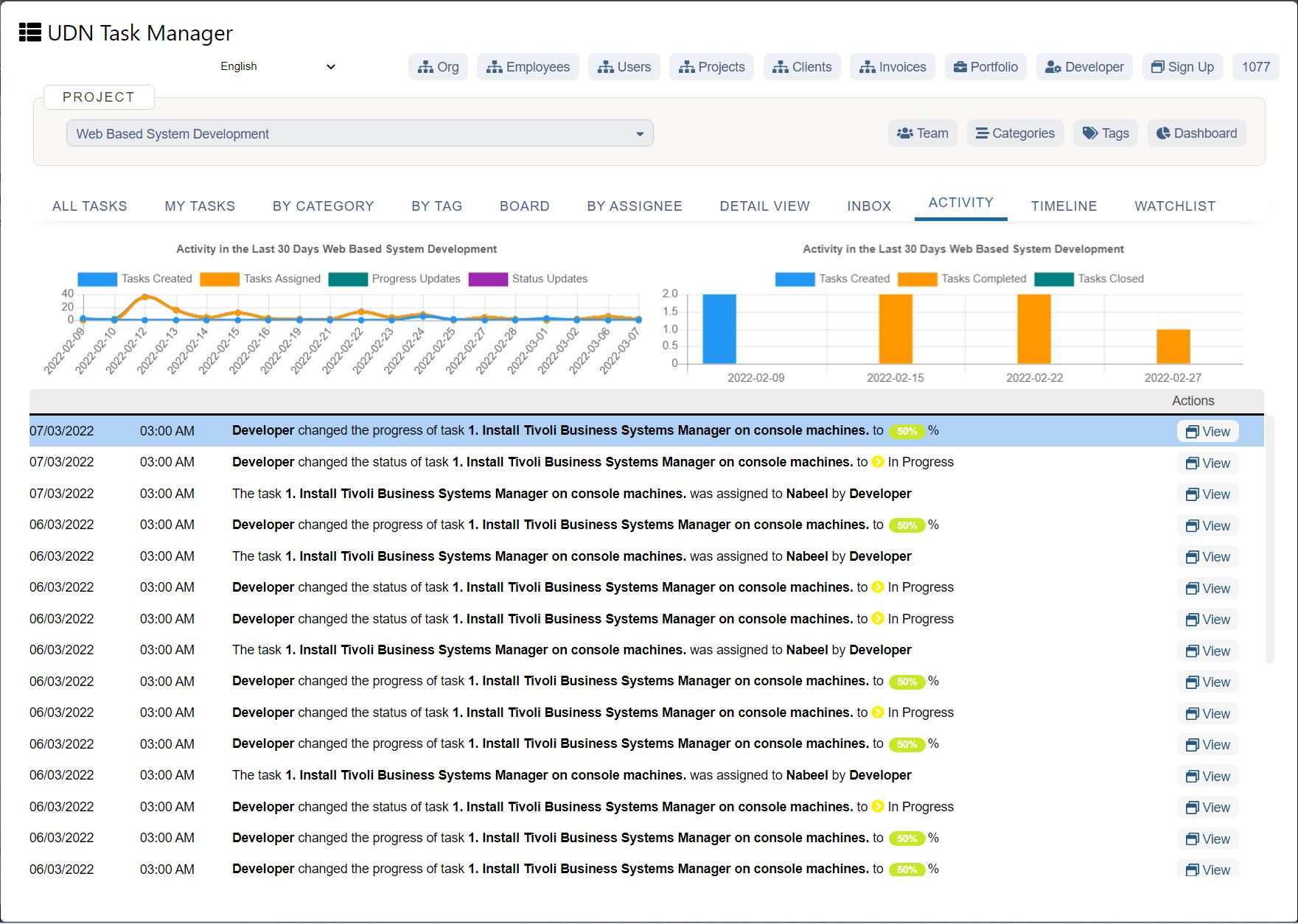
This is why culture, not just policy, is so important. In a work-first culture and a work-first organization, of course people are going to use any flex time to work more. The interesting thing is, this tendency is really prevalent among white collar workers. And it tends to reinforce traditional gender roles. There was a fascinating study done that found that nurses tended to use their flexible work hours to do all the traditional “women’s work” of caregiving and housekeeping. And doctors who had flexibility tended to use that time to work more, thus solidifying their traditional breadwinner/distant provider role.
At the same time, EMTs, other blue collar workers, and shift workers use their flexibility to be more available at home. Men were organizing and driving the carpools on their off hours, making dinner, and doing laundry while their wives were working. So I think we can all learn a lot from blue collar families who may not be talking the talk of gender equality, like white collar workers do, but are certainly walking the walk.
7. Are companies and individuals naturally at odds on the topic of work-life balance? Is this just a tug-of-war and the companies are winning?
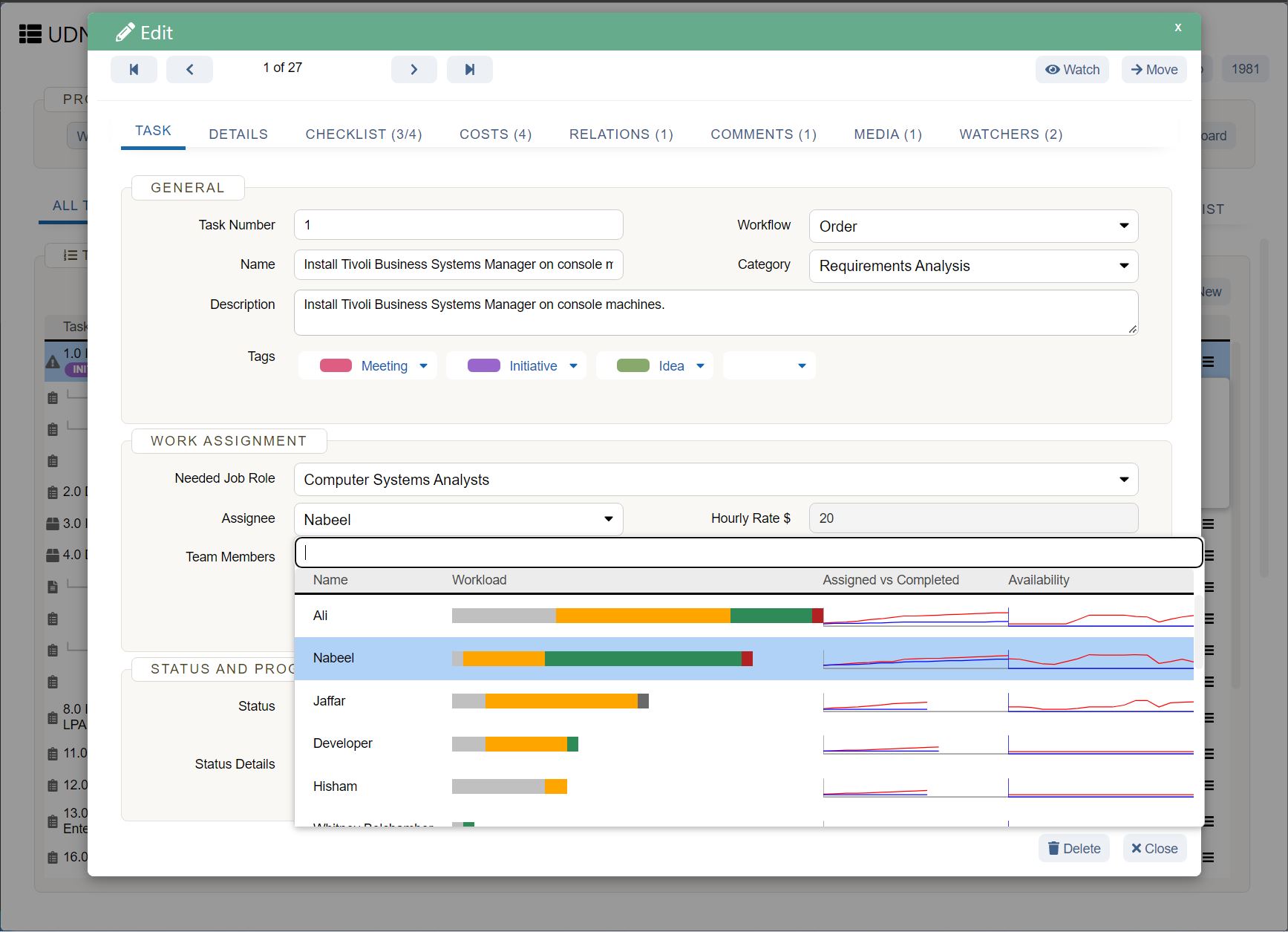
Companies and individuals are, truthfully, on the same side of this. And you don’t have to go much farther than the research that Henry Ford did on his factory floors to understand that: healthy, well-rested, happy employees treated fairly do good .
I was reading an interesting paper by Stanford economist John Pencavel on the rise in work hours, and how employers continue to think that if only workers just put in more hours, they’d be more productive and make employers more money, and how utterly irrational that is. His research found what he called a “productivity cliff” — the longer we work beyond 40 hours a week, the steeper the productivity drops . We become burned out, exhausted, make more mistakes, and take two and three times as long to get anything done.
Research has found that people who continuously work more than 60 hours a week make more mistakes, sometimes life threatening ones, they’re more likely to be injured. They take two and three times as long to perform simple tasks and they become burned out, fried, crispy around the edges and are unable to come up with a fresh idea. You are basically a butt in a chair. Not a great position to be in for a knowledge economy where you’re only as good as your next idea.
A recent survey found that more than half of all workers feel burned out. Gallup reports that about 70% of all US workers are disengaged at work or actively HATE their jobs.
This blew my mind because I am a recovering workaholic. International comparisons of productivity per hour finds that, despite all those long hours of work, the U.S. is NOT the most productive per hour. That’s Norway. Want to know a country about as productive per hour as we are? France. With their 30 days of paid vacation, paid parental leave, subsidized child care system, short work hours by law, after hours emails outlawed and their, heaven forbid, café culture. And you know who’s at the bottom of the list? Japan and South Korea, countries traditionally known to be full of hard workers.
The research is compelling. Healthy, happy workers are more productive. Just being in a positive mood triples creativity , research has found. Productive energy rises 31%, the likelihood of promotion rises 40%, sales by 37%, and doctors make better and faster diagnoses.
So it is in employers’ best interests to make sure that workers are primed for optimal performance. And to be primed for optimal performance, you need to create a culture of flexible, but bounded work hours that values time off.
8. After traveling around the world and observing different work cultures, have you found the secret to a healthy work-life balance? Where do they do this best?

I spent time in Denmark and, though a vastly different country, there are two lessons:
And people really do value leisure time for both men and women. In the U.K., one of the very first studies of leisure was called, “Women’s Leisure, What Leisure?” In it, men said it was perfectly natural for men to enjoy leisure, to get together with their mates at the pub, or have outings. But if women were to try to do something with their friends, or on their own, the general sense was something was wrong. That was not at all the case in Denmark. Instead of beginning sentences with, 'What do you do?' they ask, 'What do you do for fun?' They belong to sports clubs. They swim in the ocean before work. They spend time out in the country, not in fancy houses, but rustic little cabins. And every fall, every house receives a host of catalogues of free or inexpensive classes on just about any subject you can imagine — languages, getting a hunting license, swimming, public speaking, cooking. And on the top of one of the catalogues read the mission: “For the Wisdom and Enjoyment of Humanity.”
What’s not to like about that!?
9. What are 3 tips you would give someone who struggles with productivity at work?
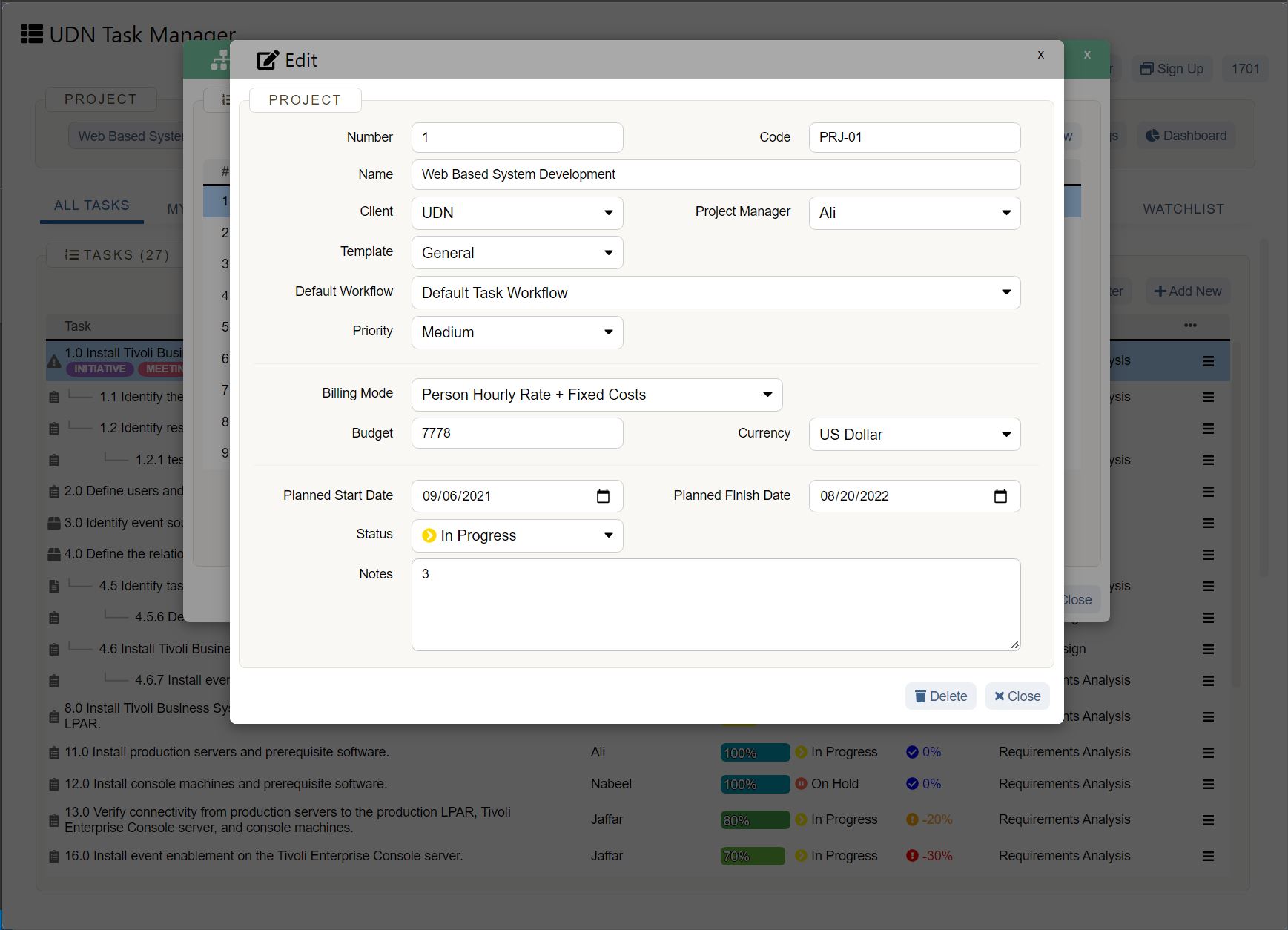
10. How do you think work-life balance will change (or stay the same) in 2020? If it gets worse, what should we be doing to preserve our precious leisure time?
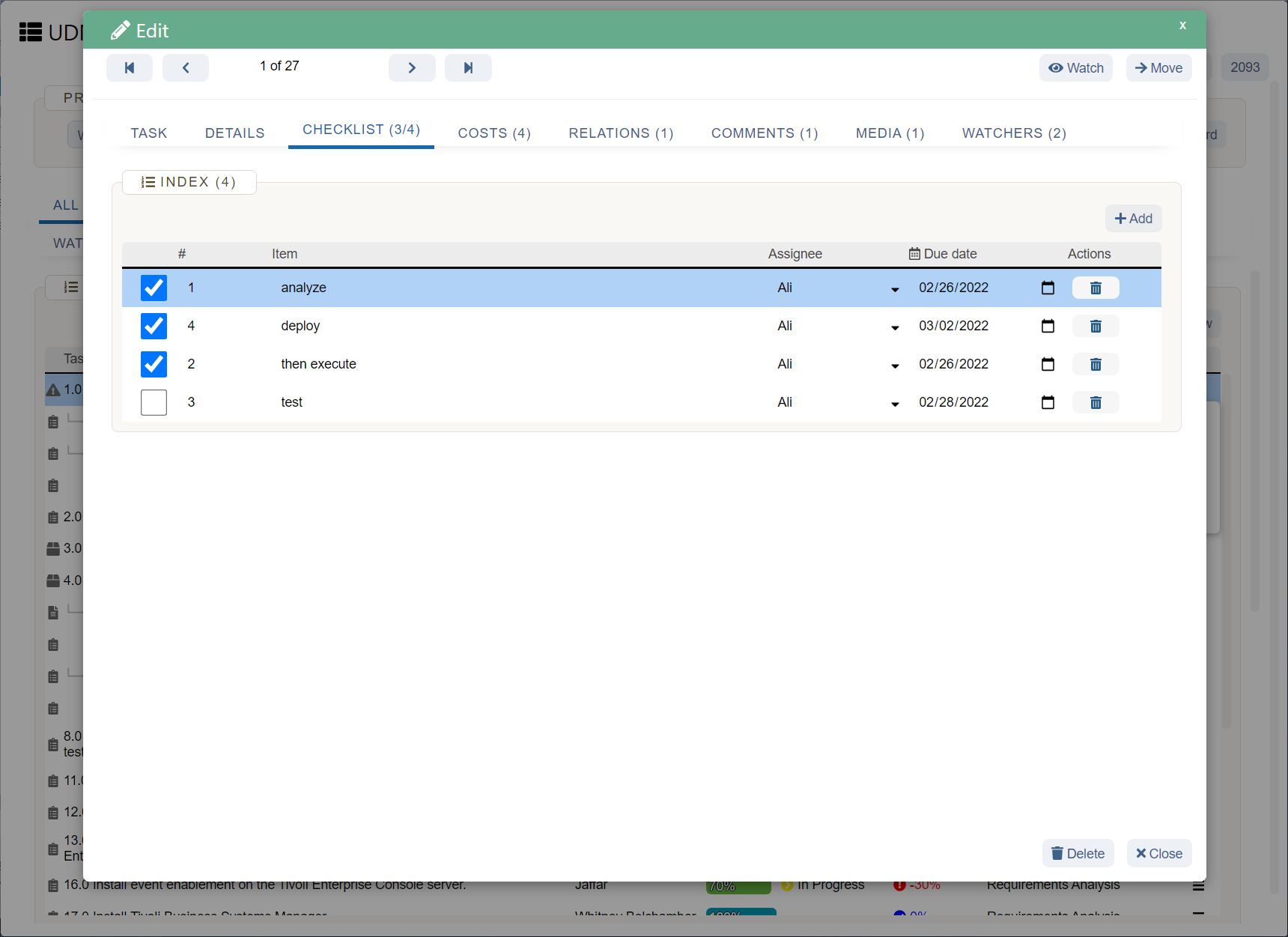
By 2020, we’ll be that much closer to Millennials, now the largest living generation, making up the majority in the workplace. And Millennials, survey after survey shows, want flexible work hours and time for life. Technology will continue evolving, giving all of us more opportunity to control the time, manner, and place of how we work, and coordinate more creatively with team members, not just for blue collar workers, but for low-wage workers as well.
At the same time, Baby Boomers who’ve worked like maniacs most of their adult lives, are living longer, are healthier, working longer, but they want something different. There’s a new life phase between retirement and death that’s emerging where meaning and purpose are becoming paramount. And in this new life phase, people, too, are searching for ways to work differently to have time for life.
And neuroscience and human performance science will continue to show how to optimize productivity, as well as the importance of mindfulness and deliberate rest.
I have hope!
11. What's big new trend that you see coming that people aren't paying enough attention to?
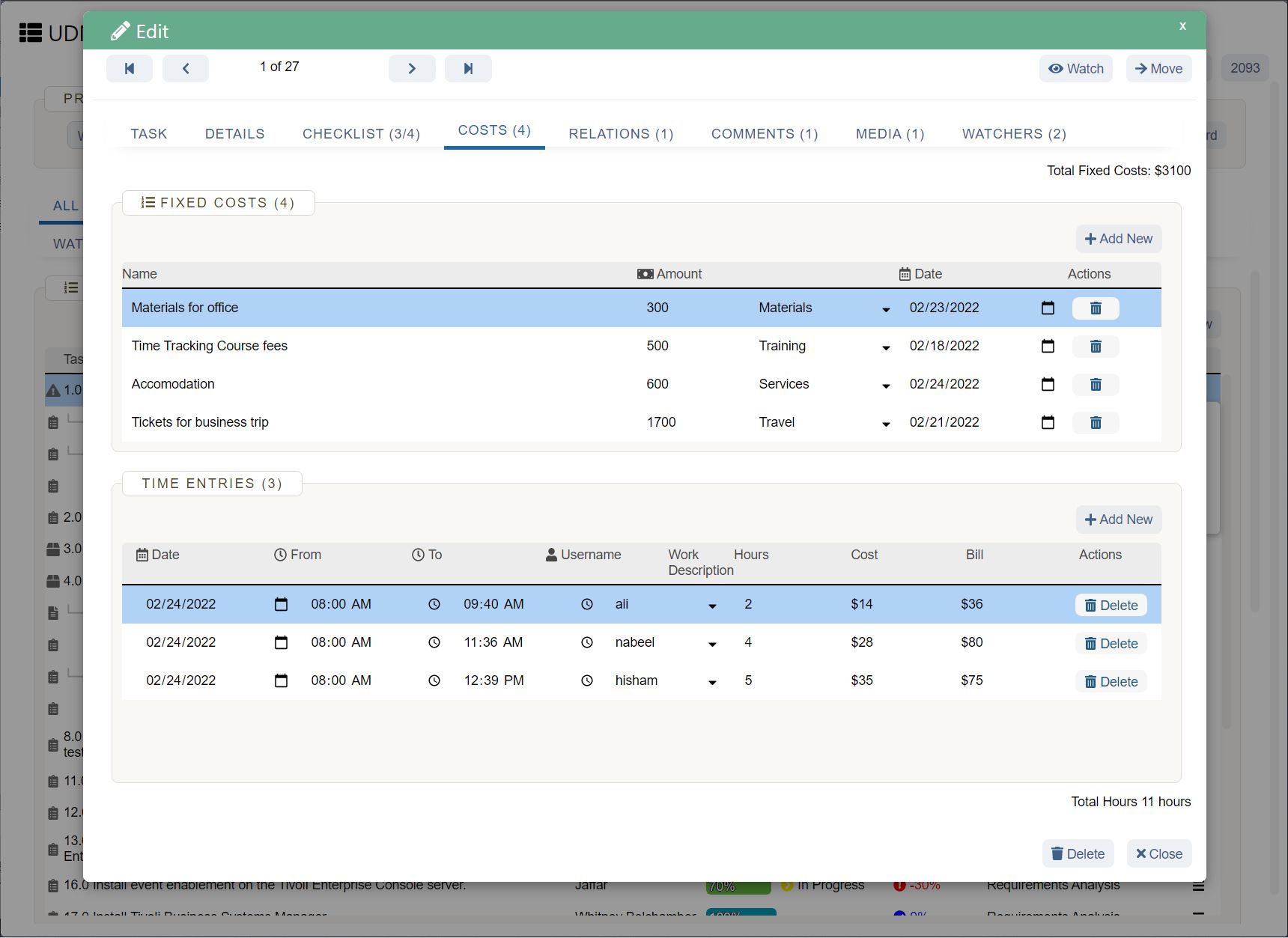
Work-life enrichment. We hear all the time about the negative consequences of work-life conflict. They are many, and they are real. But there is a growing body of research on work-life enrichment — on the very real benefits of both men and women having multiple roles in the public and private spheres, from skills that transfer from one dimension to the other, to positive mood, greater energy, a sense of fulfillment, deeper and richer relationships. I think this is really important work, because it spins the argument forward and toward solutions. We’ve been stuck for too long in an ambivalent no-man’s land; surveys show we’re still very uneasy about the proper role of mothers and whether they should work, even though a majority do. That ambivalence has kept us all frozen, and now it’s time to devise real, rational, and supportive work cultures and policies and fluid career paths for both men and women. We need work cultures that recognize excellent work gets done when people have time for their lives, and that raising the next generation, or caring for the previous one, is as valuable as any market work we may do. That’s an exciting and positive way forward!
Your Turn: What are your thoughts on work-life balance?
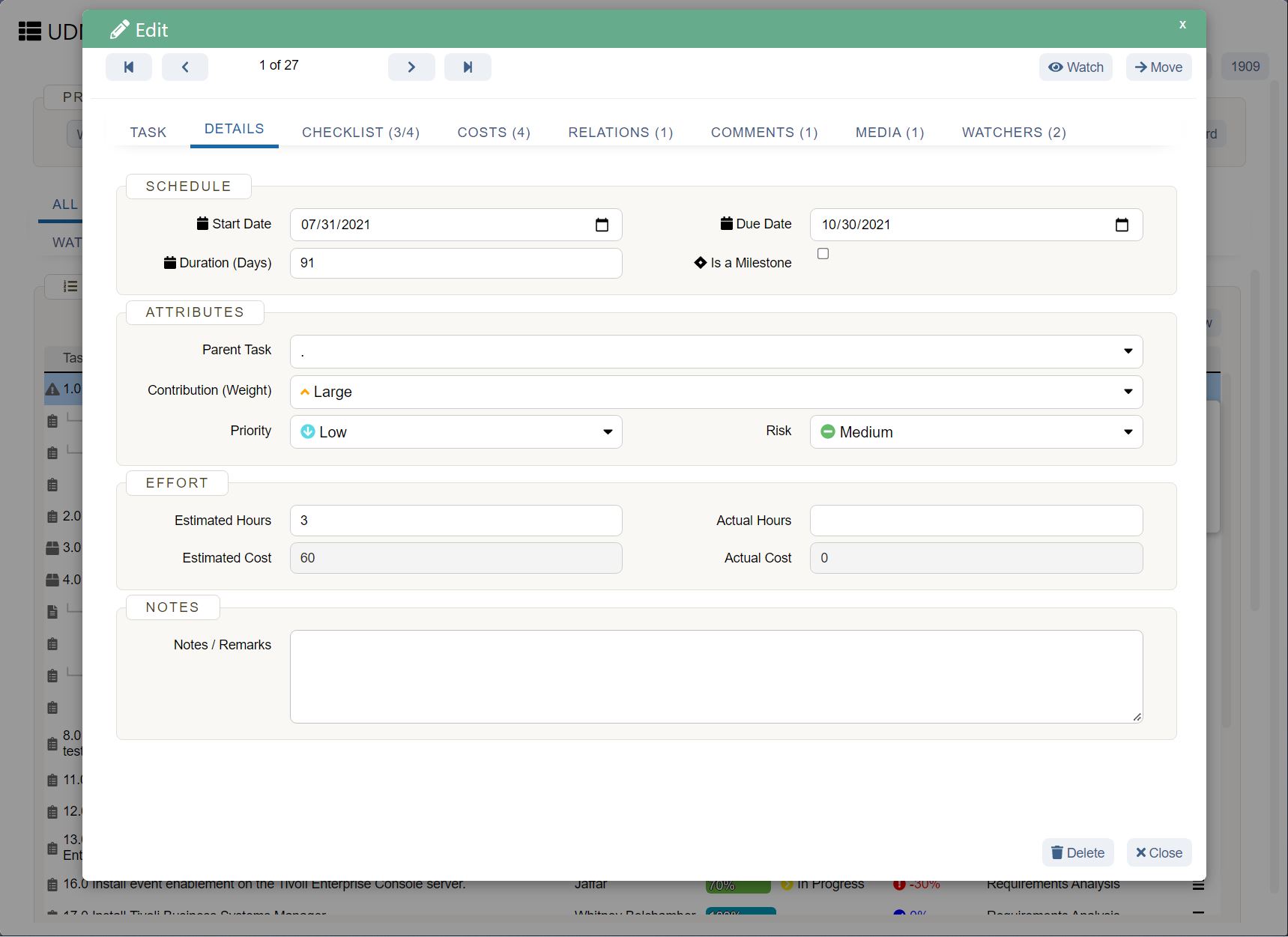
What are some of your secrets to obtaining a healthy work-life balance? Having leisure time at home is essential to being productive at work. Share your best tips on how you obtain and manage your own leisure time in the comments!
Brigid Schulte is the author of the New York Times bestselling book on time pressure, Overwhelmed: Work, Love & Play when No One has the Time, which named one of the notable books of the year by the Washington Post and NPR, and won the Virginia Library Association’s literary nonfiction award. She has spoken all over the world about the causes and consequences of our unsustainable, always-on culture, and how to make time for The Good Life by rethinking how we work, by re-imagining gender roles for a fairer division of labor and opportunity at work and home and, instead of seeking status in busyness, by recapturing the value of leisure. She was an award-winning journalist for The Washington Post and The Washington Post Magazine and part of the team that won the 2008 Pulitzer Prize. She now serves as the founding director of The Good Life Initiative at the nonpartisan think tank, New America, and director of The Better Life Lab, both of which seek to elevate the conversation, explore transformative solutions and highlight how work-life issues are key to excellence, productivity and innovation, as well as a full, authentic and meaningful life. She lives in Alexandria, Virginia, with her husband, Tom Bowman, a reporter for National Public Radio, and their two children. She grew up in Portland, Oregon and spent her summers with family in Wyoming, where she did not feel overwhelmed. Sign up for her occasional newsletter, Toward Time Serenity, on the art and science of The Good Life: brigidschulte.com . Join the ongoing discussion about making time for work, love, and play on her Facebook page and on Twitter @BrigidSchulte .











